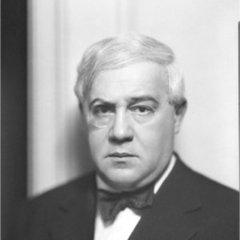Knavery Quotes

Every knave is a thorough knave, and a thorough knave is a knave throughout.
Fashion--a word which knaves and fools may use, Their knavery and folly to excuse.
There's never a villain dwelling in all Denmark But he's an arrant knave.
A knave thinks himself a fool, all the time he is not making a fool of some other person.
Zeno first started that doctrine, that knavery is the best defence against a knave.
The worst of all knaves are those who can mimic their former honesty.
We never deceive for a good purpose: knavery adds malice to falsehood.
Knaves will thrive when honest plainness knows not how to live.
Knavery is supple, and can bend, but honesty is firm and upright and yields not.
A brave world, sir, full of religion, knavery, and change: we shall shortly see better days.
While I live, no rich or noble knave shall walk the world in credit to his grave.






